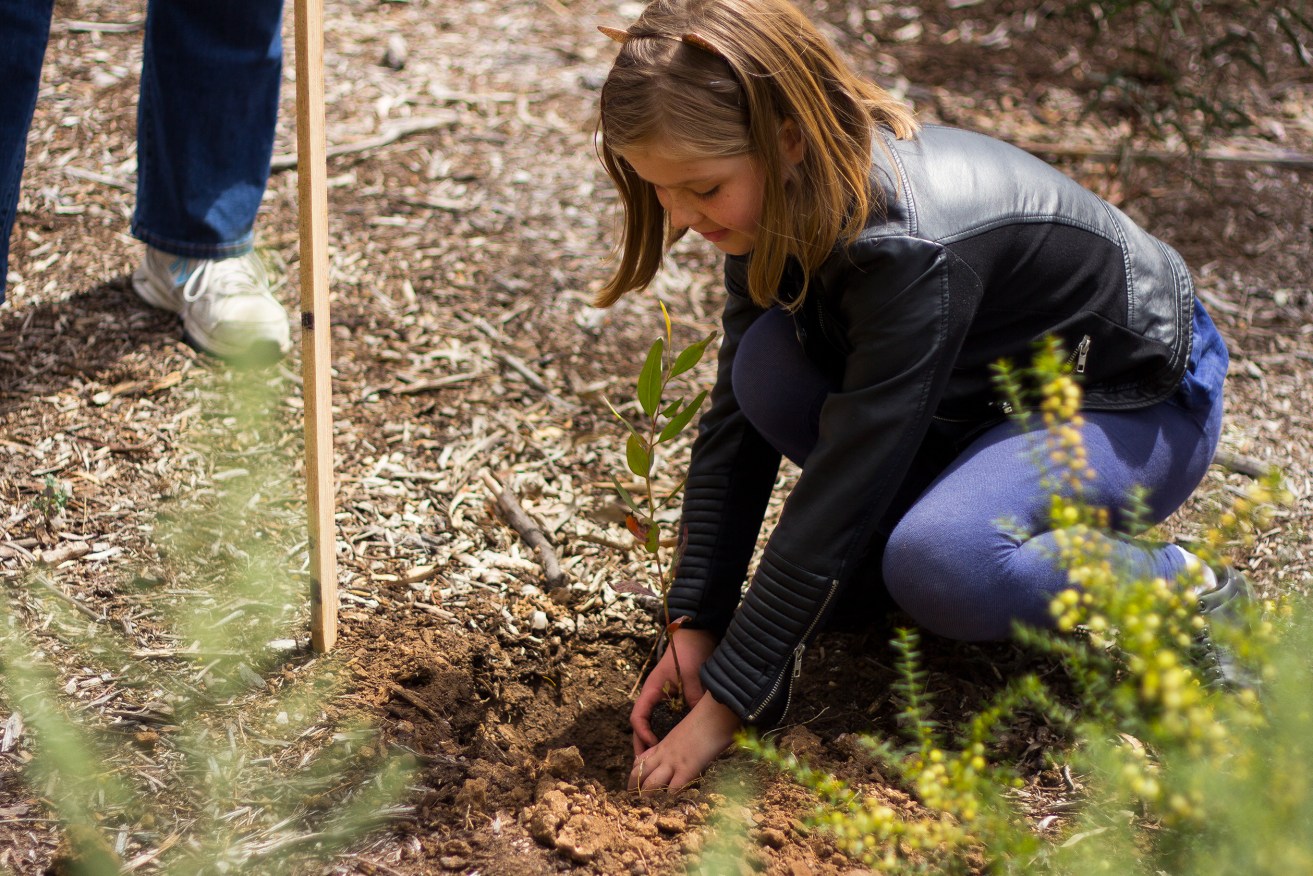What can carbon sequestration do for South Australia?
The little understood concept of carbon sequestration has the potential to not only help Adelaide meet its carbon neutral goal, but could also become a global industry anchored in South Australia.

Right across the world, the global community is making a concerted effort to reduce and offset the emissions caused in the process of leading a modern life.
Here in South Australia, we have a target for the state of net zero emissions by 2050 and a goal for Adelaide to become one of the world’s first carbon neutral cities.
While the state is reducing emissions through uptake of renewable energy and low carbon transport, carbon sequestration will also play an important part in helping the state achieve its goals, while at the same time presenting a new opportunity for a carbon offset industry in South Australia.
By a simpler name, carbon sequestration can essentially be seen as planting trees and managing vegetation in a way that takes carbon dioxide out of the atmosphere, and through the increased vegetation, stores it in plants and soil.
There are several ways of achieving this, such as the revegetation of cleared land areas, encouraging the use of woody crops in farming landscapes, managing annual cropping and grazing practices in ways that retain more carbon in soil profiles, and maintaining or increasing the health of natural vegetation systems in conservation areas.
“In Australia, we have a pretty strong history and capability of project development around carbon sequestration, and the ability to account and monitor and report and verify the emissions reductions captured through sequestration,” says the chief executive officer of the Carbon Market Institute, Peter Castellas.
Established in 2009, the Carbon Market Institute is an industry body that works as an interface between business and government on all things climate policy, and despite seeing “a number of changes in federal climate policy,” has provided to their members “views and insights, in terms of what the transition to a low carbon economy means for business, and the frameworks the government can put in place that can best optimise that transition.”
According to Castellas, due to our emission reduction commitments, South Australia is well-placed to benefit in the transition to a low carbon economy.
“South Australia could be a very interesting place… because the policy environment translates to there being local demand,” he says.
“Part of any industry growth is going to be related to demand, the demand for the products or services, and in this case the demand for a carbon credit. South Australia, as a government, has actually established a demand driver, that is the zero-net emissions planned for the state, and things like the Carbon Neutral Adelaide as a city.
“South Australia and other states have the opportunity to create industry activity, and a genuine industry, around carbon farming and the abatement that comes from that, which can create real abatement and real jobs.”
Signatory countries to the Paris climate agreement, who do not have the landmass available for carbon sequestration, could potentially look to South Australia to buy carbon credits, thereby funding carbon sequestration in the state.
As a state, we would not only be striving to meet our own goals, but also helping the global community to meet broader and further reaching targets.
“I think there is significant commercial opportunity in being able to monetise the transition to a low-carbon economy. This is an economic opportunity of significance,” Castellas says.
Solstice Media has partnered with the South Australian Government to provide information about the transition to a low-carbon economy. Read more stories like this here.




